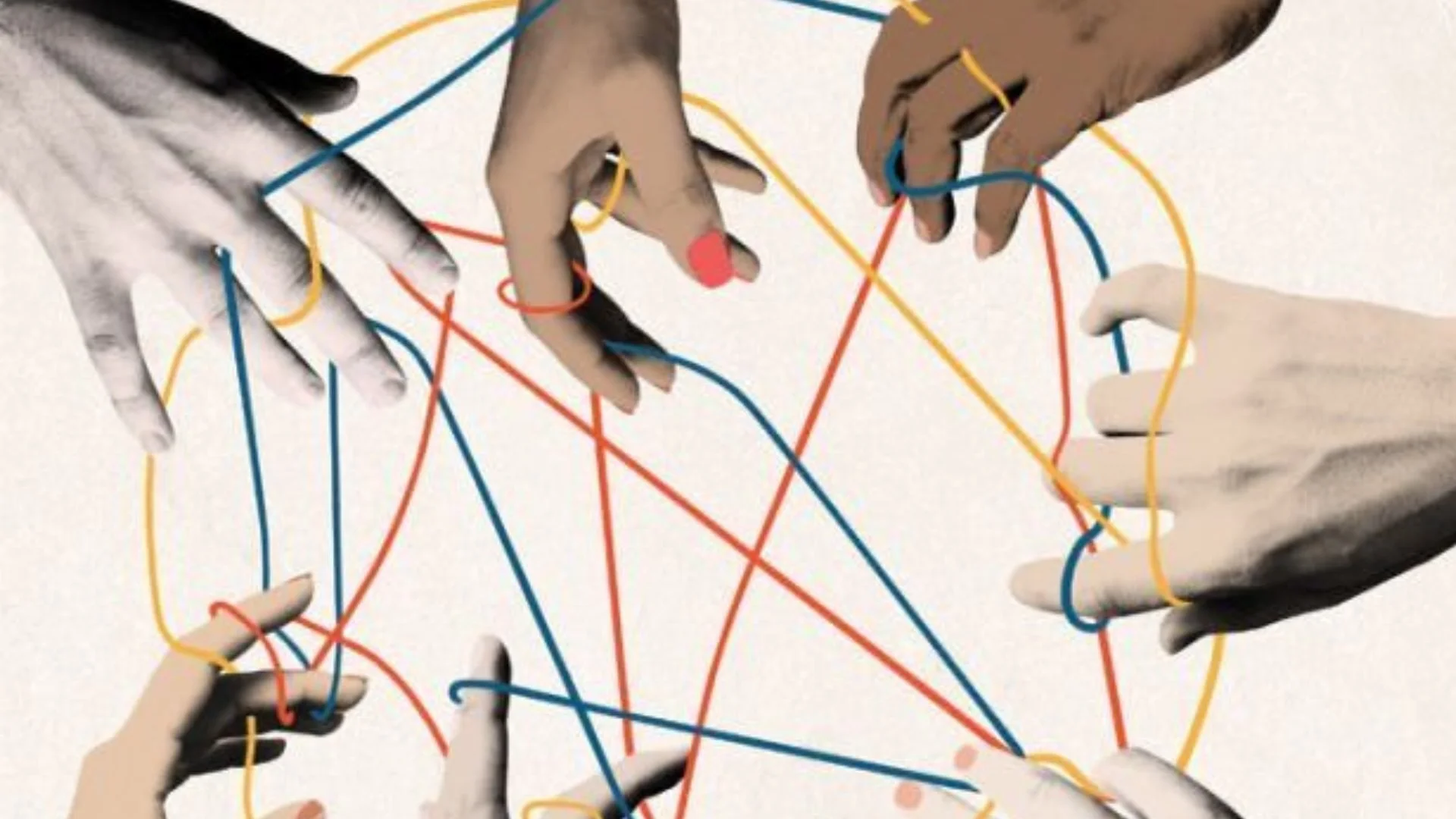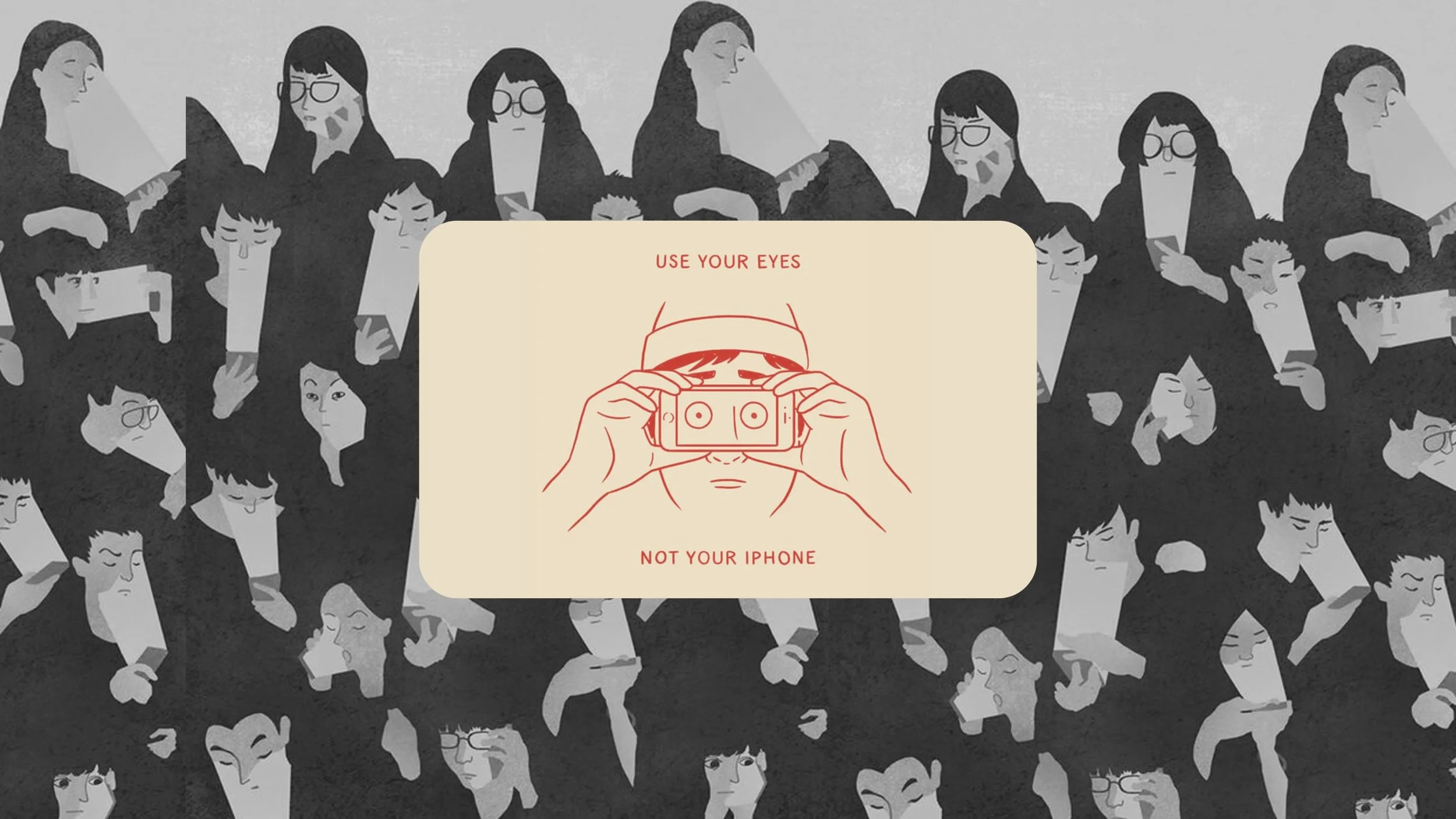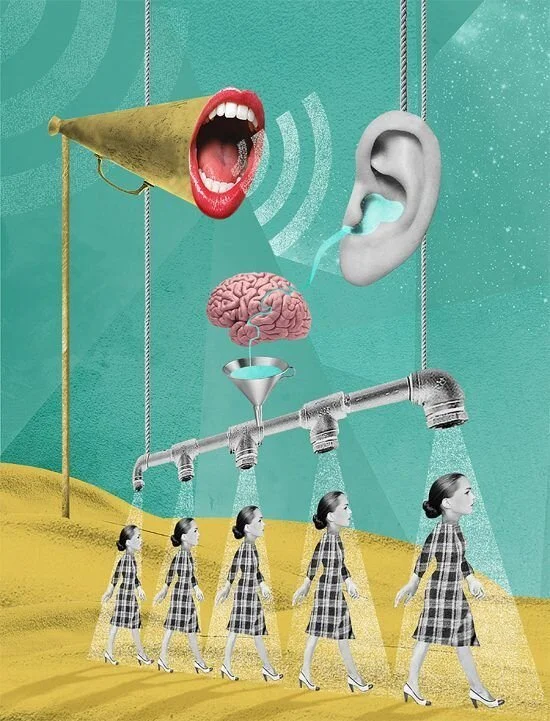Ideas and questions about society, creativity, media, technology and the future.
I’ve been thinking a lot about how we’re forming relationships with technology and AI. Not just using them, but leaning on them. Especially when it comes to ChatGPT, I’ve noticed a growing trend on reddit and other platforms: people turning to it for advice, for emotional support, for reflection. Me included. This isn’t a cited article on whether that’s good or bad, only you can decide that. It’s more of a journal entry about what it means to be human when the mirror we’re using talks back. And whether we’re handing over too much in return for feeling understood.
Entrepreneurship can be hard. Being a creative entrepreneur can be even harder. Why? We're always focused on the big vision, and the long-term goal, getting distracted with new projects and ideas. Of course, not every creative entrepreneur is like this. But it got me thinking: Is creativity the key to entrepreneurial success, or can it become a distraction?
Social media has revolutionised how we connect, but is it eroding our ability to interact face-to-face? This debate has stirred controversy, with valid arguments on both sides. Let's explore the impact of social media on our communication skills, examining the negatives, the positives, and the psychology behind it all.
I sit at night and find myself scrolling endlessly, reel after reel. The blue light penetrating deep into the back of my retinas. Swipe. A border-collie howling along with a keyboard, adorable. Like. Swipe. A new Italian sandwich-spot in Dublin, nice. Saved. I’ll check that out later. Swipe. A gym-bro posing in a mirror, not-for-me. Swipe. Anyone who has social media knows, it’s constant.
Texting, or sending and receiving text messages via a cellular phone or another mobile device, has become a ubiquitous part of modern communication. It is a form of mediated communication, defined as the transmission of messages through a medium such as a phone or a computer.
XR technologies have the potential to revolutionise many different industries, from entertainment and gaming to education and healthcare. With the increasing efficiency of technology, we can expect to see more applications for XR in our daily lives.
The concept of the "metaverse" refers to a collective virtual shared space, typically created by the convergence of the physical and digital world.
The Cyberpsychology Architecture framework is a model developed by John Suler to understand the psychological effects of digital environments and experiences. The model consists of eight dimensions:
CMC has become an integral part of our daily lives in today's society, as it allows us to connect with others quickly and easily.
There are many reasons why people like to post about themselves online. Some people do it to share their experiences and connect with others who have similar interests, while others do it to seek validation and attention from their peers.
The technology has leaped in bounds since it was first used in the 1980s by computer scientist and philosopher Jaron Lanier. However, with this immersion comes the potential for users to spend more extended periods of time in VR. But just how long is too long to spend in virtual reality?
There’s a sweet spot where the more human or realistic that robots seem to appear, the more disturbing they appear to the human eye. That descent into an eerie spot is the Uncanny Valley.
Even though voice noting might be a preferable way to communicate as it conveys more richness than texting, it ultimately lacks body language, cues and subtle micro-expressions we might pick up in face to face communication.
Why do people feel the need to showcase a curated lifestyle when ‘performing’ on their Rinsta? Is it to fit in with peers, to have a cool ‘aesthetic’, or simply just hopping on the bandwagon?














Imagine getting a notification from your digital twin: 'I’ve been chatting to someone’s DT-you two are a match. Drinks at 8?' Sounds wild, right? But what if that’s where we’re heading? A second self, trained on your quirks, curating your life while you just… live it.